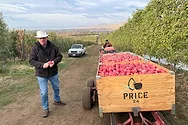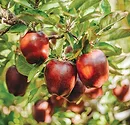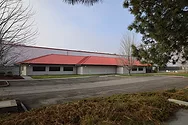Food Processing
ARTICLES
In Washington orchards, immigration crackdown sows fear and uncertainty
The Trump administration’s deportation push has caused turmoil within the state’s farm labor workforce as federal legislation meant to improve the situation has stalled
Read More














